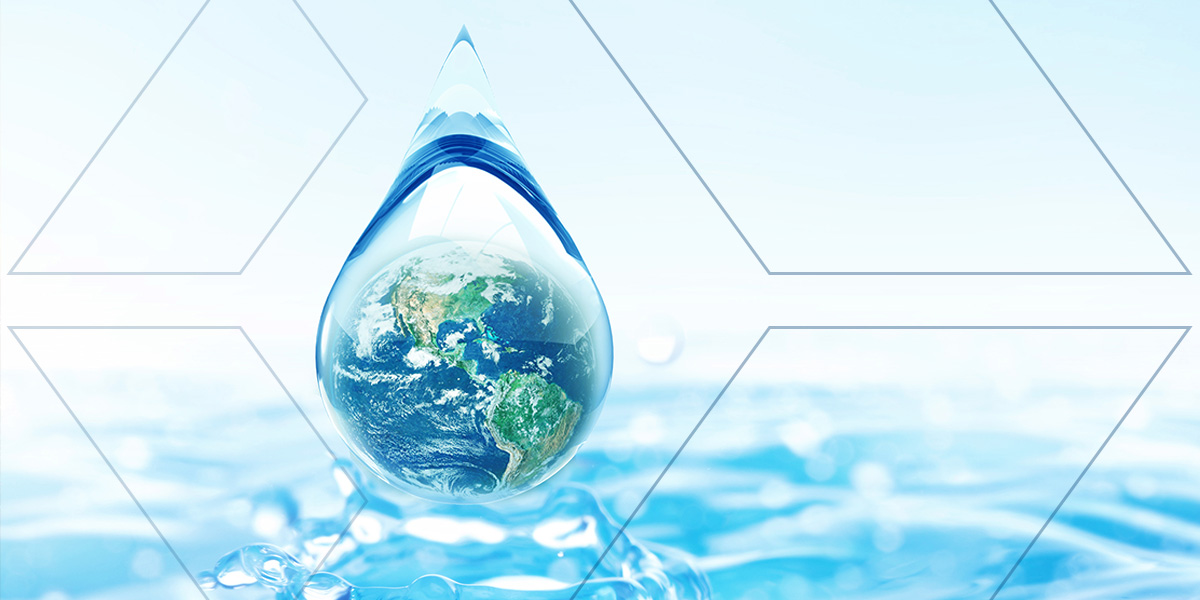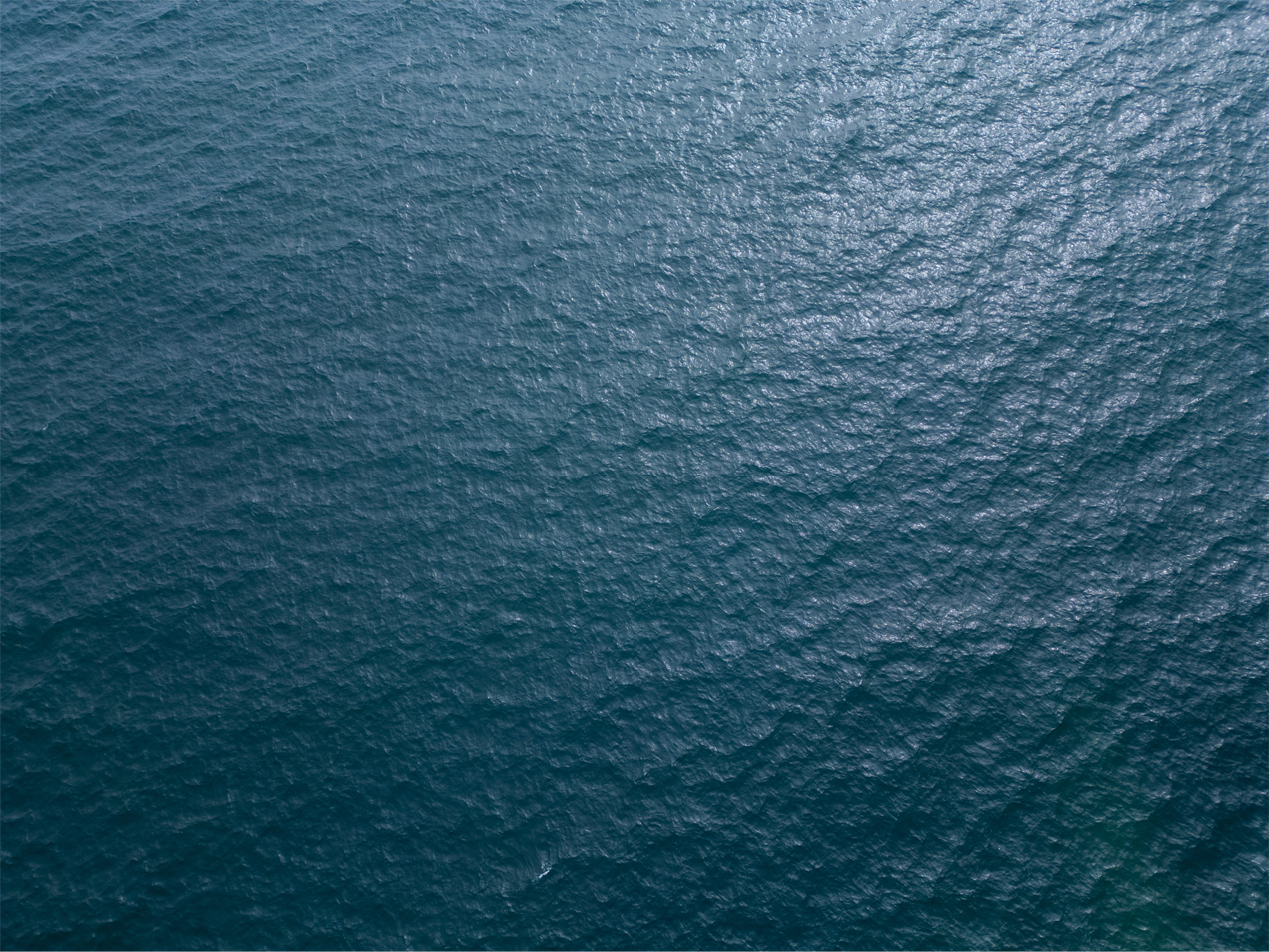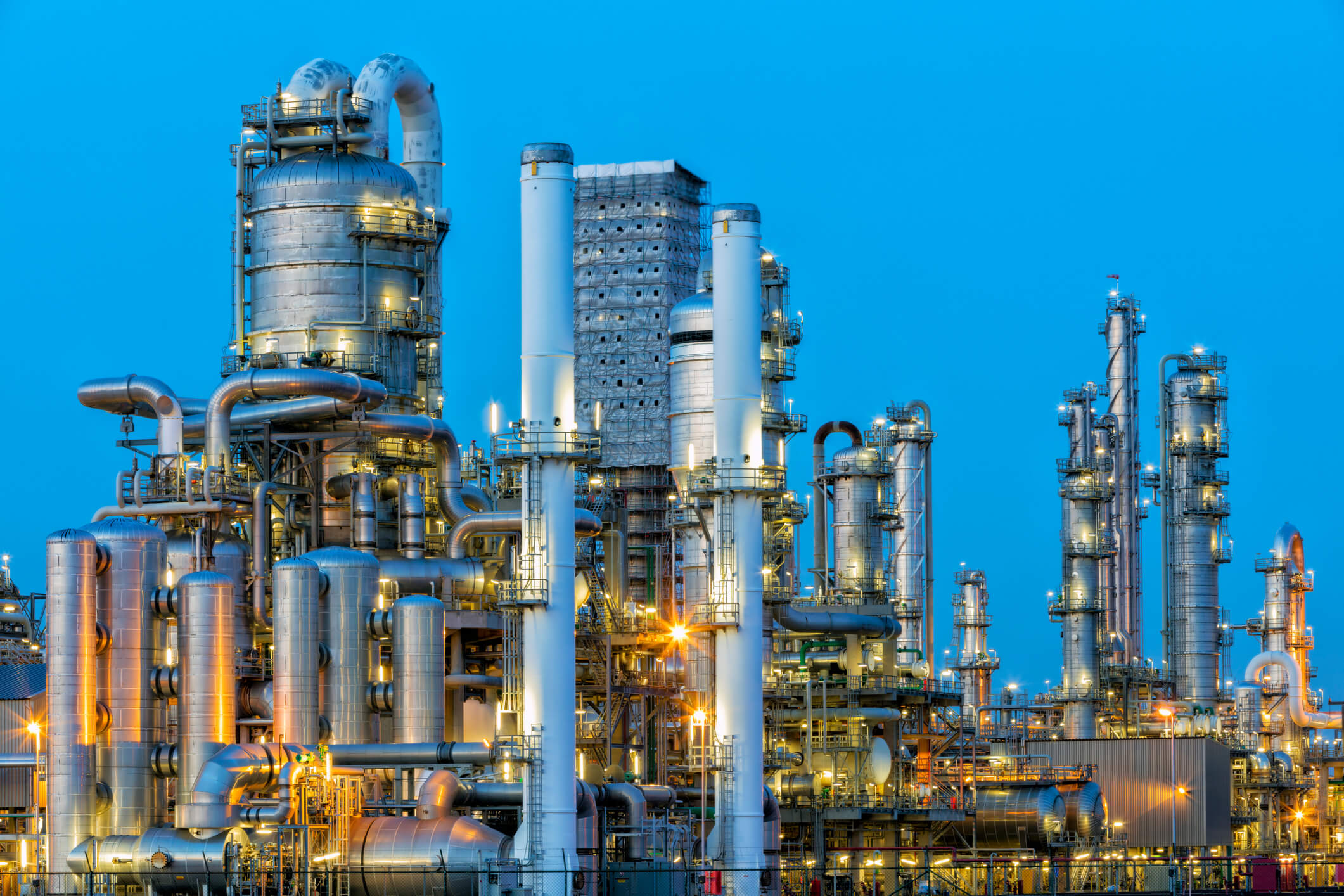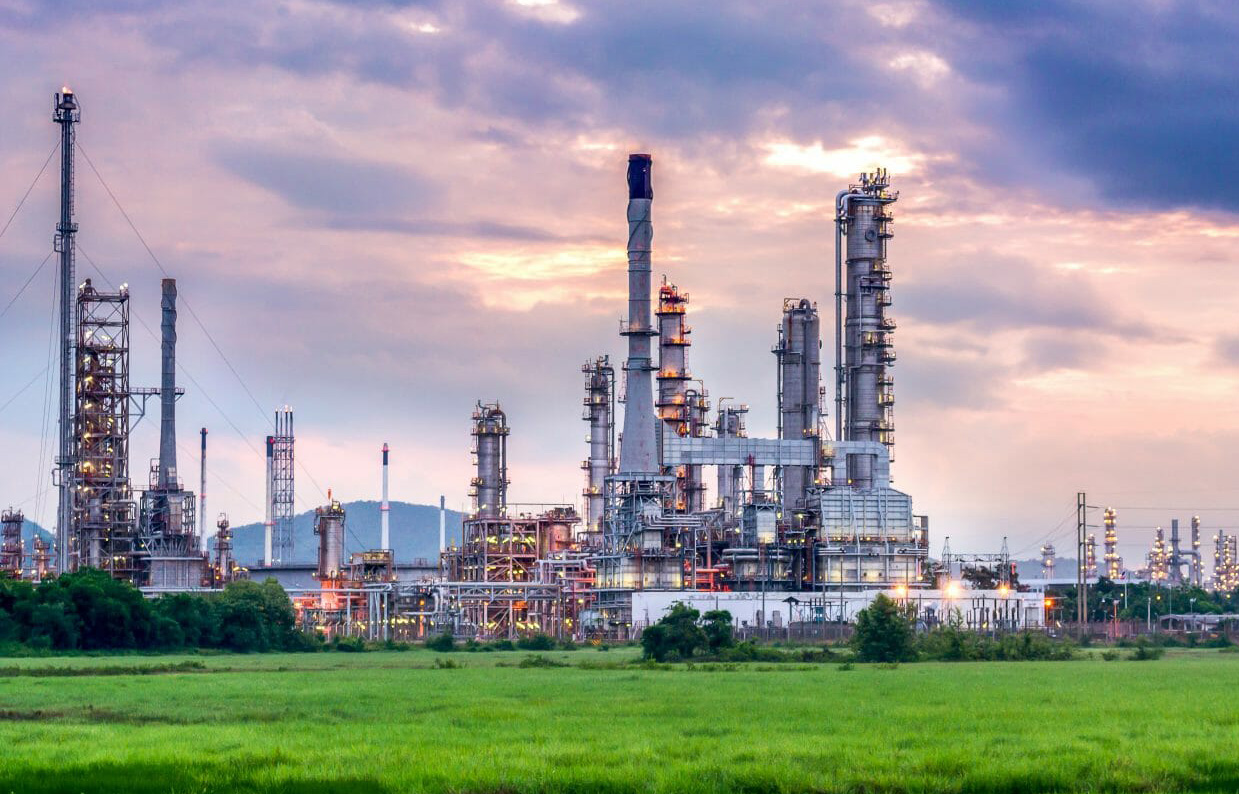When we take steps to conserve water, we help ensure all living beings have continual access to water. While we may never run out of water on Earth as a whole, freshwater is a finite resource that requires effort to protect. Therefore, conserving water allows us to better preserve that limited resource and ensure life can thrive.
Similarly, agriculture relies on freshwater to yield enough crops. Water conservation ensures agriculture businesses have enough water to grow food and combat unexpected droughts, allowing them to be better equipped to feed the world.






















